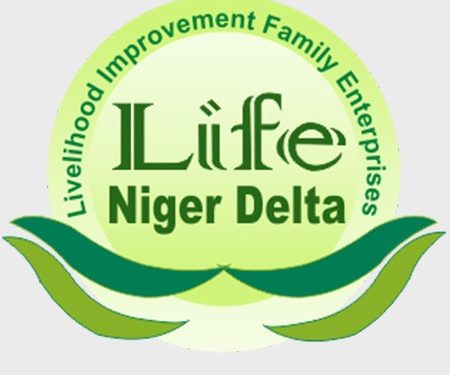An ambitious aquaculture initiative in Southern Nigeria is set to train and empower over 50,000 youths across the Niger Delta in sustainable fish farming and agribusiness over the next five years, in a bid to boost job creation and strengthen the region’s agricultural value chain.
The plan was unveiled on Monday in Warri, Delta State, by Melora Farms, one of the largest catfish production facilities in the region, during a working visit by the Executive Directors of the Foundation for Partnership Initiative in the Niger Delta (PIND), Mr. Sam Ogbemi-Daibo, and the Niger Delta Partnership Initiative (NDPI), Mr. Dennis Flemming.
Chief Executive Officer of Melora Farms, Mr. Alfred Ukane, said the empowerment drive aims to tackle youth unemployment while positioning the Niger Delta as a hub for climate-smart aquaculture.
“With its bold agenda to empower over 50,000 people over the next five years, conserve natural resources, and position Nigeria as a hub of sustainable aquaculture, this project is a clear example of the future we must invest in today,” Ukane said.
The farm operates a Recirculating Aquaculture System (RAS) a first-of-its-kind at this scale in Southern Nigeria with a stocking capacity of over one million fish. The system recycles water, reduces waste and energy use, and is designed to be scaled down into affordable models for smallholder farmers.
Through partnerships with NGOs, government agencies and private investors, the farm plans to transfer knowledge to grassroots farmers, equipping them with practical, low-cost solutions to boost profitability and build climate resilience.
The organisation also announced plans to set up a research and training centre that will offer skills acquisition programmes in aquaculture, ICT, welding, agribusiness, and financial management. The facility is expected to generate over 10,000 direct and indirect jobs, aligning with regional and national youth empowerment goals.
Officials from PIND and NDPI expressed satisfaction with the initiative’s scale and pledged support for future training programmes that would help young people build sustainable livelihoods.










